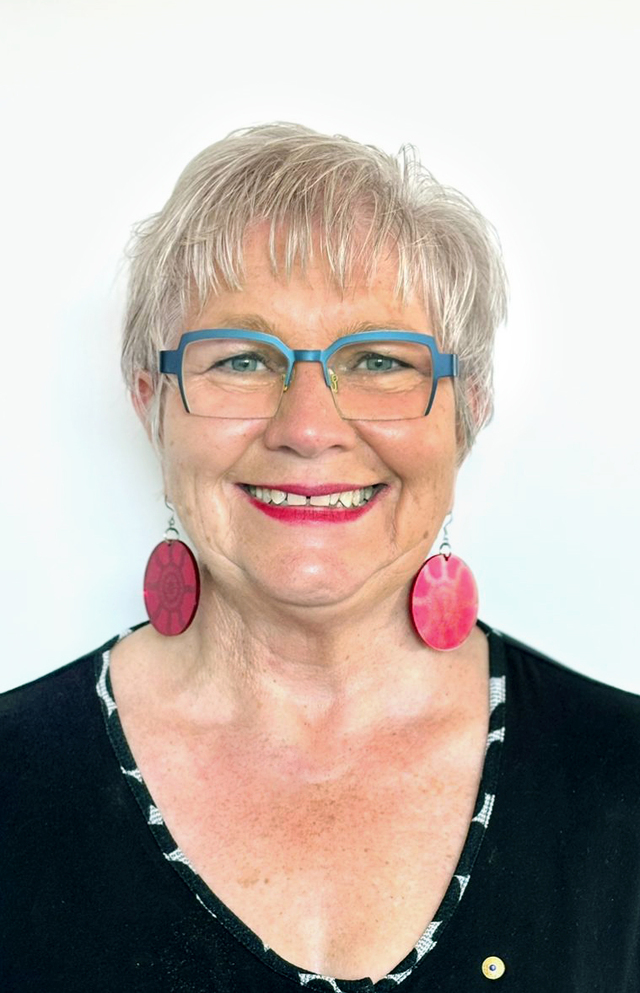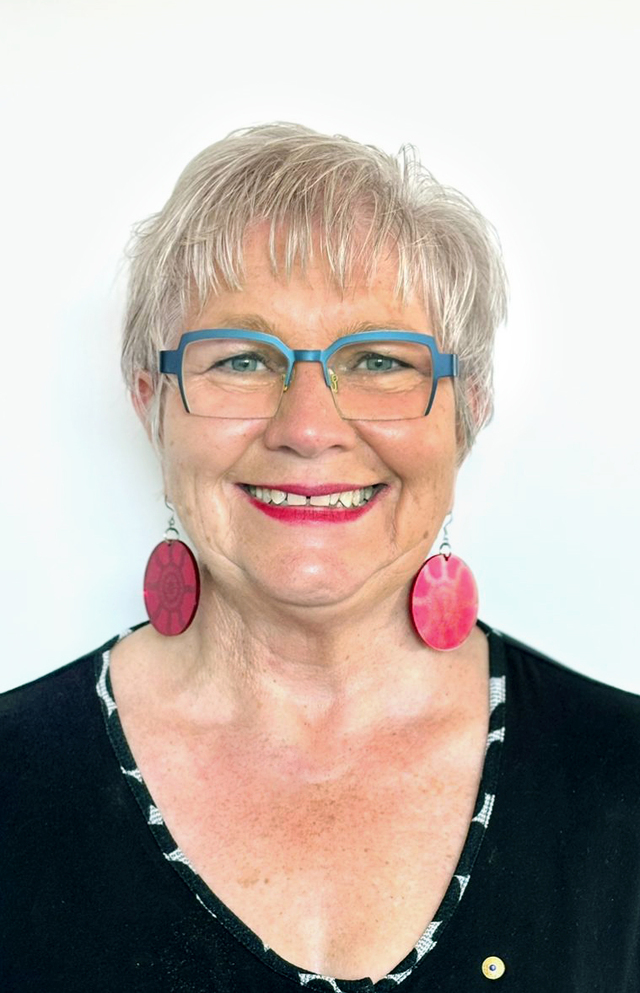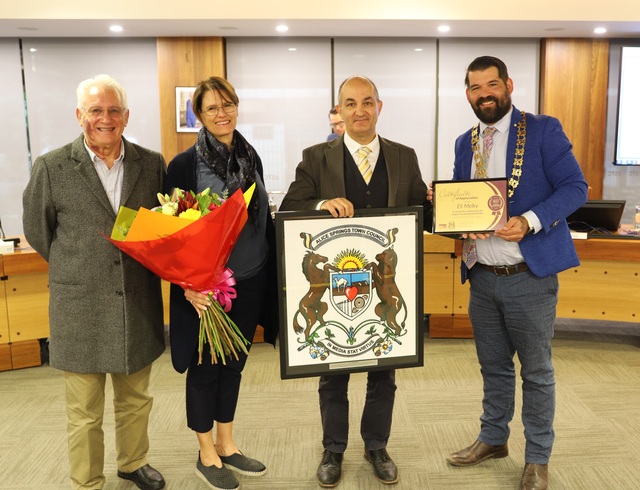Moira Were AM, Mayor, of the City of Onkaparinga, South Australia was kind enough to sit down and answer our questions this month.
Tell us about your area: what makes your council special or different?
Mayor Were: City of Onkaparinga is SA’s most populated council, representing 10 per cent of the state. This is the place of Kaurna people, who have cared for country for millennia. Our name is derived from a Kaurna word meaning ‘women’s river place’. One of our borders is the 31km of coastline we share with Gulf St Vincent, so life-giving watery spaces are a big part of this city’s past, present and future.
We have an internationally renowned pristine wine region, a mix of suburban and rural living options, historic townships, and natural bushland and hinterland. It’s an amazing place for the 180,000-plus people who call this vibrant city home.
The council is made up of six wards, each represented by two elected members plus a mayor. The workforce spans five organisational divisions, with more than 800 staff covering a wide range of professions from planners and librarians, through to rangers and truck drivers. Programs and services are delivered from a variety of facilities, supported by over 500 dedicated volunteers.
Do you have a favourite part / aspect / attraction in the council area?
Mayor Were: We’re spoilt for choice and I find myself in different locations to meet my spirit, such as a walk through one of our ancient gorges to reconnect with the past, a play on the beach with my grandsons for some family time, or telling stories with toddlers and pre-schoolers in one of our six libraries, which is always fun and life-giving. However, what I love most is seeing so many families out and about enjoying our events in public places such as Beach Road at Christies Beach or Trucks on Tour in one of our three regional play spaces.
How long have you been on Council and why did you become involved in Local Government?
Mayor Were: I was elected as mayor in November 2022. I hadn’t been a councillor previously. I have lived in Onkaparinga for more than 30 years and decided I wanted to make a leadership contribution in public service, and so decided to stand for election. Several people encouraged me to run, it wasn’t something I’d considered. However, once I looked closely at the role, my skills, networks and experience, I could see I might be able to make a contribution to the place I call home. Having worked in statewide, national and international contexts, it feels very good to bring that harvest home to the people and places that have been so good to me.
Do you have another job? Tell us about that and how it contributes to your role/views as a councillor.
Mayor Were: I have other roles including being a very part-time director of a social enterprise intermediary, Collab4Good; volunteering as chair of the SA Impact Investment Network and curating an online community focussing on closing the gender investment gap; and I’m a trustee of a philanthropic foundation. These roles connect me to bigger-picture thinkers, community leaders, investors and changemakers, which helps brings those perspectives to my role as mayor. This blend of social and economic relationships helps me balance competing priorities in budget conversations, and strategic thinking for long-term financial and community outcomes.
What activities do enjoy outside of work hours?
Mayor Were: You’ll find me most Wednesday nights singing in the altos in a community choir. I love listening to podcasts like Leading or the Rest is Politics, books on Audible, writing my weekly blog or planning for a future trip. I love poetry and art for inspiration where I find the creatives are able to say things in ways that will help me see something new or help me gain an insight that was previously hidden from me.
What are they key challenges facing you and your Council?
Mayor Were: We’re facing the challenges of balancing the books and preparing ourselves for the future. After seven years of deficit operating budgets, it’s time to get back into the black. Like the rest of the world, we’re working to inoculate our community from the impact of climate change. We’re very fortunate to have a highly skilled team on staff and in our partnerships where this work – particularly with our coastline – is setting us up for what’s ahead with rising sea levels, changes to dune movement, and sea temperature.
What innovative projects or policies is Council working on?
Mayor Were: The innovation that gives me the most buzz is the Southern Region Waste Resource Authority (SRWRA) – a regional subsidiary established by the Onkaparinga, Marion and Holdfast Bay councils and involving joint venture partners. Recently showcased on ABC’s War on Waste, SRWRA’s world-class integrated waste and recycling facility includes SA’s largest and most technically advanced materials recovery facility, which processes the yellow-bin recyclables of more than 360,000 households across Southern Adelaide, the Fleurieu Peninsula and Kangaroo Island. SRWRA is also home to a world-class renewable energy facility, which combines bioenergy and solar technologies to deliver reliable renewable electricity for the southern households.
What is the best part about being a Councillor?
Mayor Were: Best part of being a councillor is being able to work at scale and to bring the individual experience of a resident to a big strategic decision.
What is the worst part?
Mayor Were: The worst part is not getting to vote or debate in the chamber when an issue that’s close to my heart is being considered. Under SA’s Local Government Act, the mayor is the presiding member, gets a casting vote when required and does not debate.
What do you hope to accomplish in the future?
Mayor Were: I hope I’ll lead in a way that enables and facilitates all the voices of our community to be heard, not just the loudest ones, when we come to make decisions for today and for the future. I hope orientating our decisions for future generations is a legacy of a bigger canopy, a world-class destination for tourists, and an equitable place for families to raise their children.









